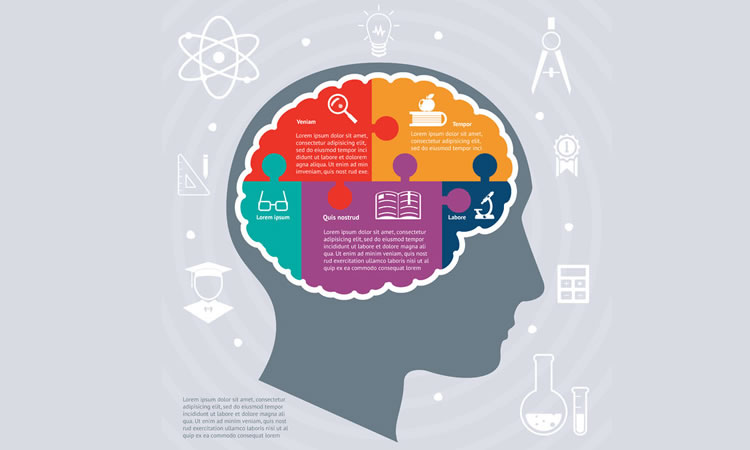
Covers key aspects of teaching study skills strategies and dictionary skills, and deals with different techniques of note taking and note making.

Covers keys aspects of critical thinking and strategies for their enhancement, and deals with in-depth analysis of HOTS and self-reflexive questions.

Covers key aspects of teaching speaking strategies and oral production in the classroom, and deals with various kinds of speaking acts and activities.
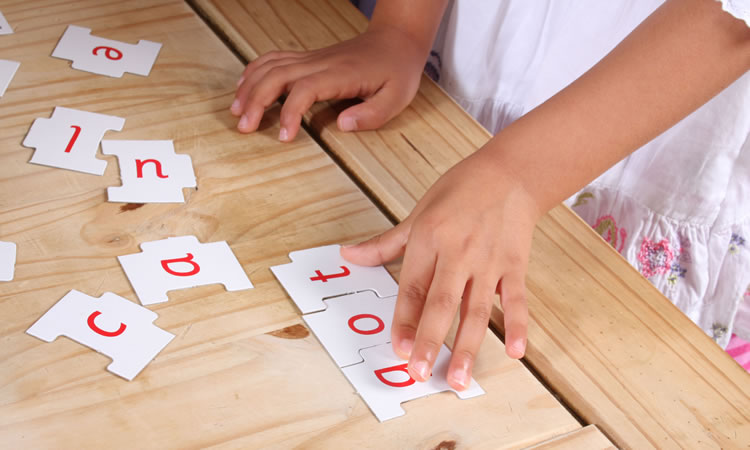
Covers key aspects of developing phonemic and phonological awareness, and deals with the basic concepts of phonics and syllables, ear sensitization and training.
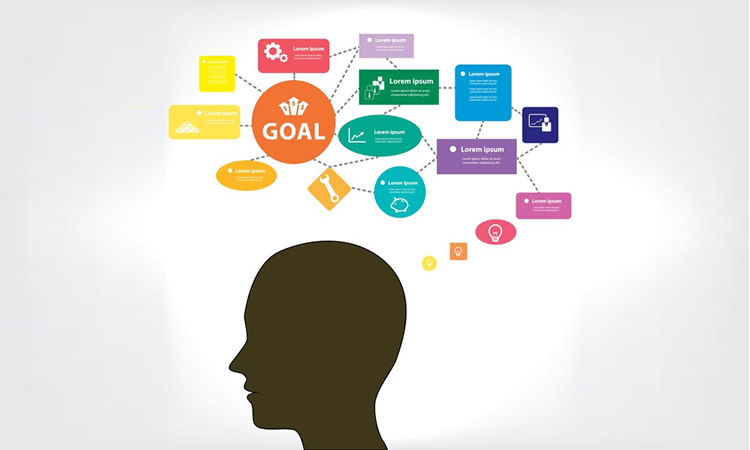
Covers keys aspects of mind maps, illustrating the components and benefits, and deals with hands-on tutorial of mind-mapping techniques.
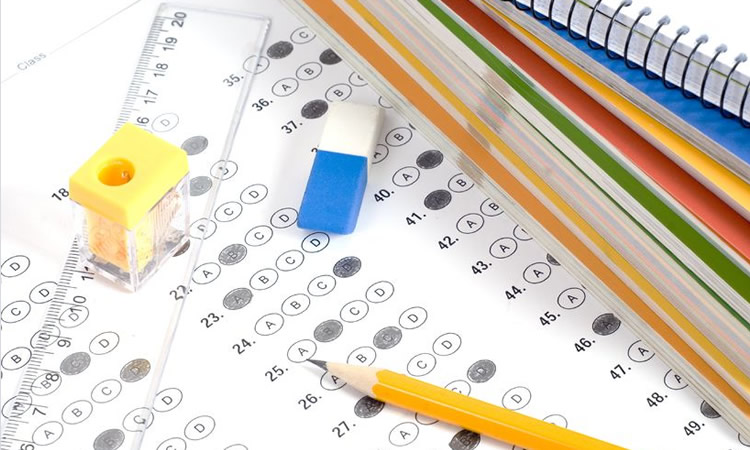
Covers key aspects of multiple intelligences, highlighting their role in the classroom, and deals with MI techniques, materials and use across curriculum.
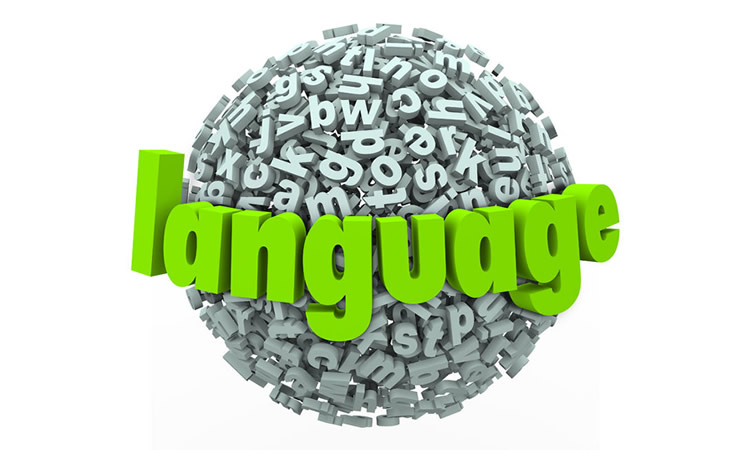
Covers key aspects of form, meaning and use in vocabulary, and deals with various strategies for presenting vocabulary.

Covers key aspects of developing thinking skills in history classrooms using visual sources, and deals with interpretation and analysis of information through inferences and deductions based on reason and evidence.

Covers key concepts of chronology, and deals with strategies to help students connect an event in history with its wider implications.

Focuses on inquiry oriented science classrooms to encourage students to challenge existing facts, and search for answers based on evidence.

Focuses on teaching strategies to equip students to be a part of the emergent twenty-first century workforce, and defines the skill sets needed to become responsible and productive members of society.

Provides strategies to bridge the gap between theory and practice in science classrooms, and ensures active participation of students through real-life examples.

Covers key concepts of gender sensitization in classrooms, and deals with teaching learning components within the school curriculum.
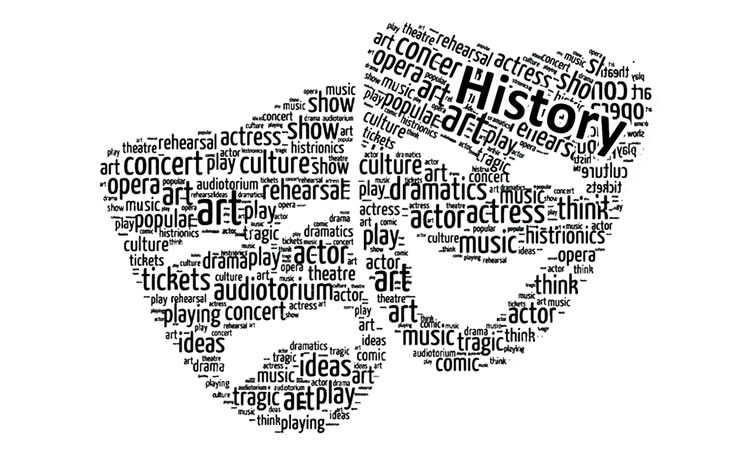
Covers key aspects of role play as a tool to develop verbal, bodily kinaesthetic and musical intelligence among students in history classrooms.

The module defines expository texts and multiple structural frameworks, and shows how to use them as per the requirement.

The training module introduces techniques for reading various texts and how learners may be taught different strategies to improve speed retention.

The module covers key aspects of elicitation to draw out information from learners, and introduces techniques to develop learner knowledge, diagnose learner problem, and plan future lessons.

The module covers key aspects of listening, and dealt with classroom strategies and sample activities to help develop this skill among learners.

To read a map is a skill that must be learnt. The module demonstrates appropriate tasks that help in developing map skills and help students overcome specific difficulties or misconceptions connected to map reading.
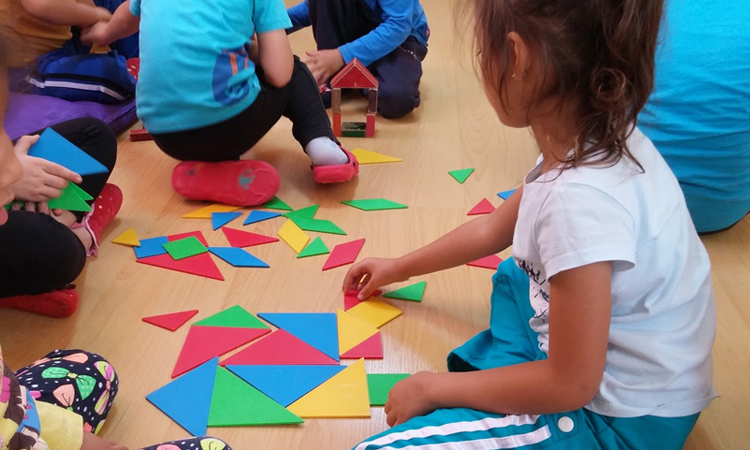
The module covers key aspects that allow students to explore various approaches to learn about patterns and shapes.
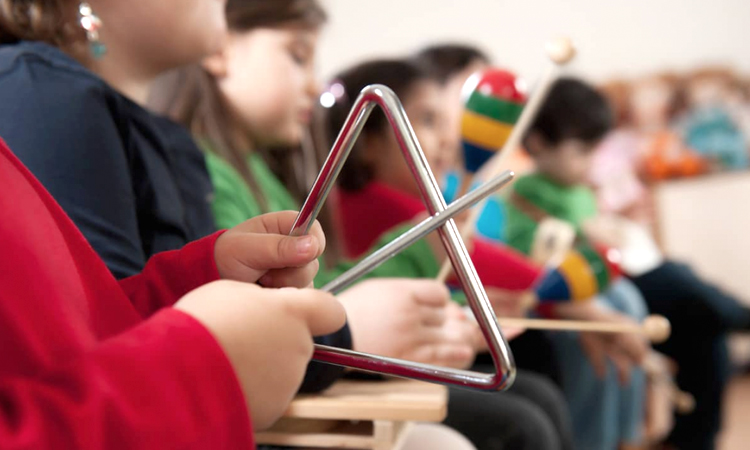
The module helps teachers enable students to identify patterns in music and apply it to mathematics for solving fractions.